Napoleon wasn’t just some power crazy dictator who wanted to rule all of Europe, although there are bits of truth in that statement. In reality, Napoleon was a more complex man than what you learned about in high school. He made the countries he conquered write democratic, revolutionary constitutions, but he also made his siblings monarchs of his new conquests. He passionately loved his older wife, Josephine, but he put her aside to marry a younger royal who could give him the heirs his new empire needed. Napoleon showed kindness and consideration to his second wife, but he threatened to kidnap her when she refused to join him in exile on Elba. Here are some other lesser known facts about this paradoxical man.
10. Napoleon’s Real Name Wasn’t Napoleon
Napoleon’s birth name was Napoleone di Buonaparte. Corsica had been part of France for just one year when he was born, but that was enough to change the course of history. The Buonapartes were descended from Corsican nobility, and little Napoleone was born in Casa Buonaparte, which had been in the family since the 1600s. In his twenties and with a military career to think about, he changed his name to the more French-sounding Napoleon Bonaparte. But for the rest of his life, Napoleon was associated with the backward and provincial reputation of Corsica. Napoleon’s nicknames courtesy of the British included “The Little Corsican” and “The Corsican Dictator.”
9. He Wasn’t Naturally Good At Tactics
Napoleon didn’t join the army and become a military genius overnight — he had to be taught. At age nine, Napoleon enrolled in a religious school in mainland France to learn French. Eventually Napoleon ended up at the military college of Brienne, where he studied for five years, before moving on to the military academy in Paris. When his father died, his family was suddenly poorer and Napoleon managed to complete a two-year program in just one year to save money. He was the first Corsican to graduate from the École Militaire.
8. Napoleon Was An Ardent Nationalist, But Not For The French
From 1789-93 Napoleon supported Corsican revolutionaries against French rule, despite the fact that he was a commissioned officer in the French army! It was all very complicated, because the French Revolution had broken out in 1789. The fighting on Corsica was a complex three-way struggle between royalists, revolutionaries and pro-Jacobin Corsican nationalists, the last of which Napoleon supported. He even led a riot against the French military before having a falling-out with one of the Corsican leaders, relocating his family to France and throwing his cause in with the revolutionaries. He wrote in 1789 about his native land: “As the nation was perishing I was born. Thirty thousand Frenchmen were vomited on to our shores, drowning the throne of liberty in waves of blood.”
7. Napoleon Was Quite Young When He Rose To Fame
Napoleon’s military rise was meteoric. In 1795 he saved the government from counter-revolutionary forces, and for this one action he was named commander of the Army of the Interior and became a trusted military adviser. He was 26. The next year, Napoleon was given command of the Army of Italy. The name was misleading, as the army was neither Italian nor had it conquered any part of Italy. Napoleon quickly changed that second part, winning key victories against the Hapsburgs. For his victories, he became increasingly powerful in France. He started two newspapers, and even helped stage his first coup d’état in 1797 to purge the remaining royalists in the government.
6. Napoleon’s Supposed Shortness Was Just British Propaganda
During Napoleon’s time, French units of length were “pieds du roi” or “feet of the king.” The length of a foot was literally the length of the current king’s foot. Under that system, Napoleon was 5’ 6”. Translated to standard English units, he was 5’ 3 1/2”. However, the average Frenchman at the time was 5’ 3”, so Napoleon was actually a little taller than normal! But never mind what the truth was — it was great propaganda on the part of the British to smear him as a little man who was always angry because he was shortchanged in the height department.
5. No One Is Certain How Napoleon Died
There are two distinct “camps” which have existed since the moment Napoleon died in 1821. One believes that Napoleon was poisoned with arsenic, probably by Count Montholon. This side is supported by reports that when the body was moved in 1840, it was in remarkably good condition. Arsenic is a known preservative. His hair has been tested for arsenic, but all results have been inconclusive. He did have the kind of arsenic used in rat poison in his system, but St. Helena suffered from a rat infestation and he could easily have been exposed to it.
The other camp accepts the autopsy findings, signed by no fewer than seven doctors in attendance, that state Napoleon died from stomach cancer. His family history supports this theory — Napoleon’s grandfather, father, his brother Lucien and three of his sisters also died from stomach cancer. Napoleon also lost weight before he died.
4. He Once Wrote A Romantic Novella
Called Clisson et Eugénie, there are clear parallels with his real romance of a woman named Eugénie Clary, who was known by the suggestive name Désirée. In Napoleon’s novella, a heroic revolutionary French soldier who has become tired of war meets and falls for the fictional Eugénie at a public bath. Retiring from the military, Clisson and Eugénie marry and raise several children in the idyllic countryside, but war returns and Clisson feels compelled to serve his country and fight.
Unfortunately, Clisson is injured in battle. A comrade sent to reassure Eugénie seduces her instead, and she stops sending Clisson letters. Heartbroken, Clisson then sends off one final letter to his unfaithful wife and her new lover before deliberately engineering his death at the front of a charge toward the enemy. The real Désirée went on to become the Queen of Norway and Sweden, because her husband, a former French general, was made heir to the throne of Sweden, but that’s another story. The novella was sappy, and not at all fitting of the stern general most people picture Napoleon as.
3. We Only Understand Hieroglyphs Because Napoleon Really Wanted To Own Egypt
Napoleon’s expedition to Egypt uncovered the famous Rosetta Stone, and its three language inscription led linguists to finally figure out hieroglyphs and paved the way for the modern study of ancient Egypt. Unfortunately for Napoleon, the British retook Egypt in 1801. Using very iffy logic, French General Menou tried to claim that the Rosetta Stone was his personal property and therefore he could take it back with him to France. The British took the stone anyway because they had, you know, just won a battle. But if Napoleon had never invaded Egypt, a random French soldier would have never spotted the funny stone in the foundation of Rosetta’s fortress. Who knows how much longer its discovery would have taken?
2. He Implied His Touch Could Heal The Sick
Napoleon once visited soldiers suffering from the plague while they were besieged in a city in Syria to dispel rumors that he had poisoned them. Yes, there really was a rumor that Napoleon had poisoned his own troops, proving that dumb conspiracy theories are timeless. So Napoleon visited their hospital, both to show it wasn’t him and to reassure the soldiers that the plague wasn’t so bad if their commander was willing to risk catching it. Napoleon then had a grand painting made of the visit, showing him touching the sick and mimicking the healing powers supposedly in royalty’s touch. It’s no coincidence that the same year the painting debuted, 1804, Napoleon declared himself Emperor.
1. Napoleon Liked Cats
Napoleon was not, despite what you may have learned, deathly afraid of cats. That was his nephew, Napoleon III, who is known to have had ailurophobia. The first Napoleon was superstitious, and like many Europeans at the time thought black cats were bad luck. But he didn’t fear them — he even adopted one while in exile on Saint Helena’s and named him Ben. According to the members of Napoleon’s entourage, Ben and Napoleon enjoyed each other’s company and often spent time together. So there you have it — one of history’s greatest conquerors was also a cat lover and romance novelist.
You can read more from Lillian at historical-nonfiction.com.
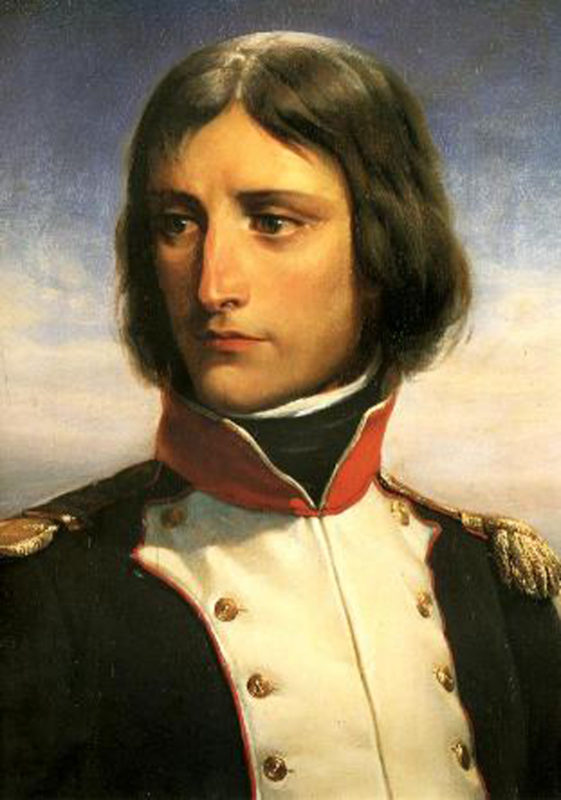
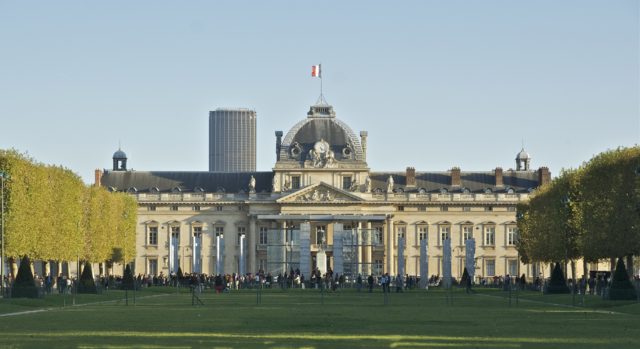
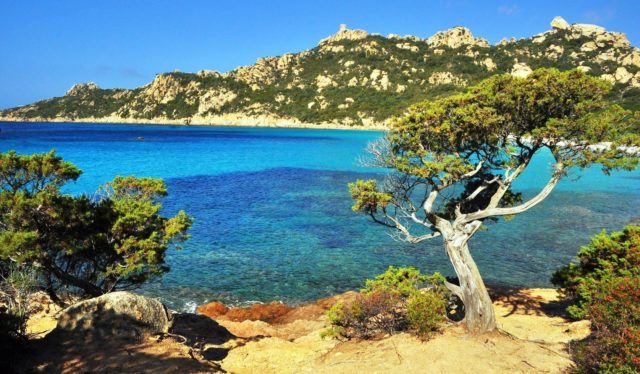
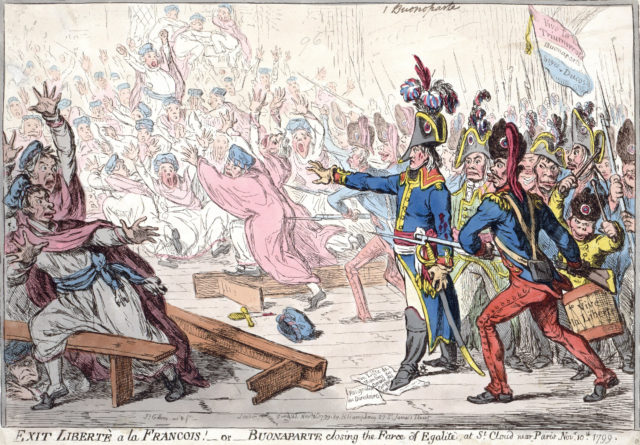
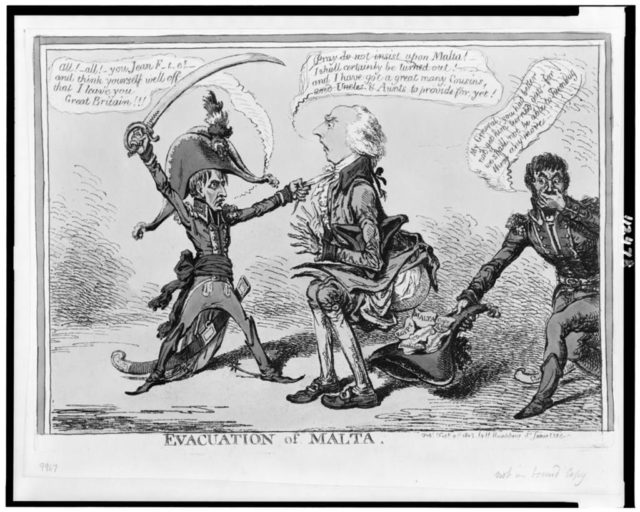
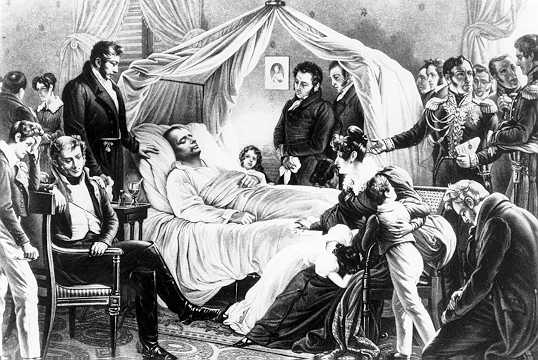

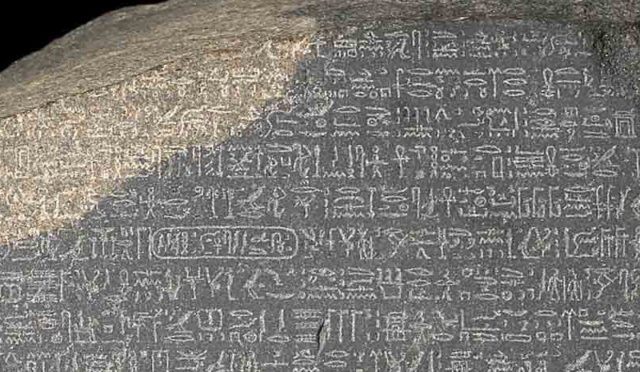
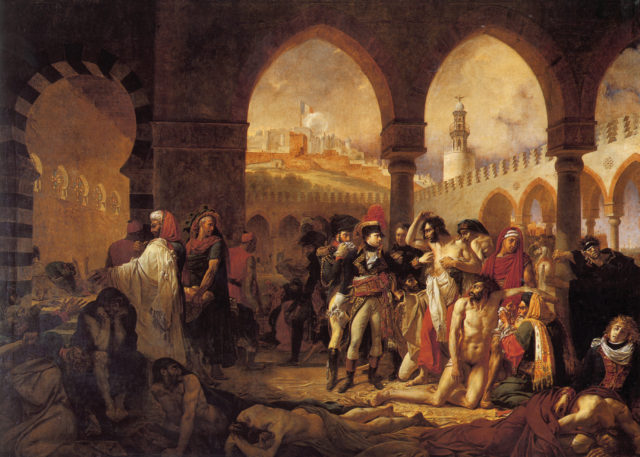
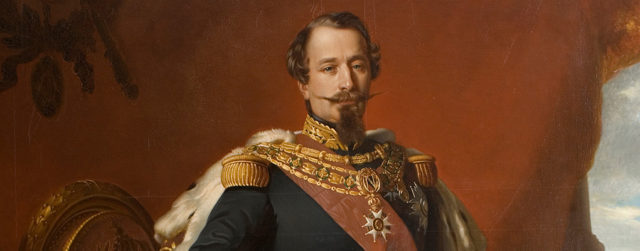
1 Comment
Michael Garbarini